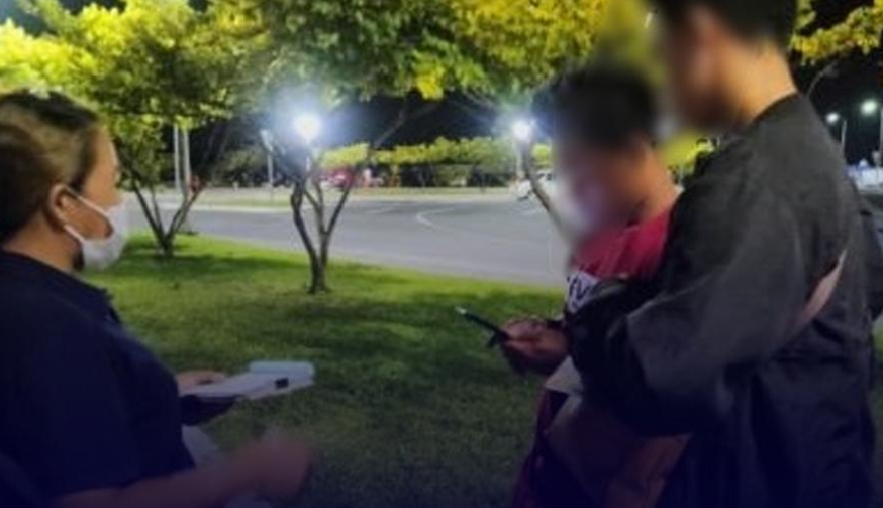The Davao City Health Office (CHO), through the Tropical Disease Prevention and Control Unit, clarified on Monday that there are no active cases of filariasis in the city.
Despite this, Dabawenyos are still urged to practice 4T or the Taob, Taktak, Tuyo at Takip, on possible mosquito breeding sites to prevent the spread of filariasis and other diseases.
Filariasis, or lymphatic filariasis (commonly known as elephantiasis), is a tropical disease transmitted through mosquito bites. It is caused by parasitic roundworms (Wuchereria bancrofti and Brugia malayi) carried by Aedes, Anopheles, and Culex mosquitoes.
Dr. Gerwin Emmanuel V. Butiong, Physician Coordinator of the CHO’s Tropical Disease Prevention and Control Unit, told the Madayaw Program over city-owned Davao City Disaster Radio, that mosquitoes become infected by ingesting microfilariae (immature larvae) from an infected person’s blood. These worms then lodge onto the lymphatic system, potentially causing severe swelling, fever, body aches, and chills.
Butiong added that some patients are asymptomatic, and clinical findings of present symptoms is not enough to diagnose a patient with filariasis.
“Non-specific talaga ang filariasis. Dili dayon madetect based on clinical findings sa mga simtomas na kalintura, sakit sa lawas, chills. Kinahanglan gyud nga i-laboratory test nato na (Filariasis is a non-specific disease. The patient needs to undergo laboratory tests as clinical findings on associated symptoms are not enough to diagnose filariasis),” he said.
Davao City has been declared as Filaria-free since 2018. There were sporadic cases, but these had already been treated and there are no active cases of filariasis in the city.
The CHO’s tropical division identified 10 districts in the city that had cases of filariasis.
These erstwhile filaria-endemic districts include Buhangin, Bunawan, Sasa, Toril A, Toril B, Tugbok, Marilog, Calinan, Paquibato, and Baguio.
Butiong said that these filaria cases were already treated, and contact tracing results revealed that the patients had travel history outside the city.
Dabawenyos may have their laboratory test for filariasis at the City Health Office. Test-kits are also available at the barangay and district health centers, especially in the identified filaria-endemic districts.
Medicines are also available patients who might test positive with filariasis. CIO


